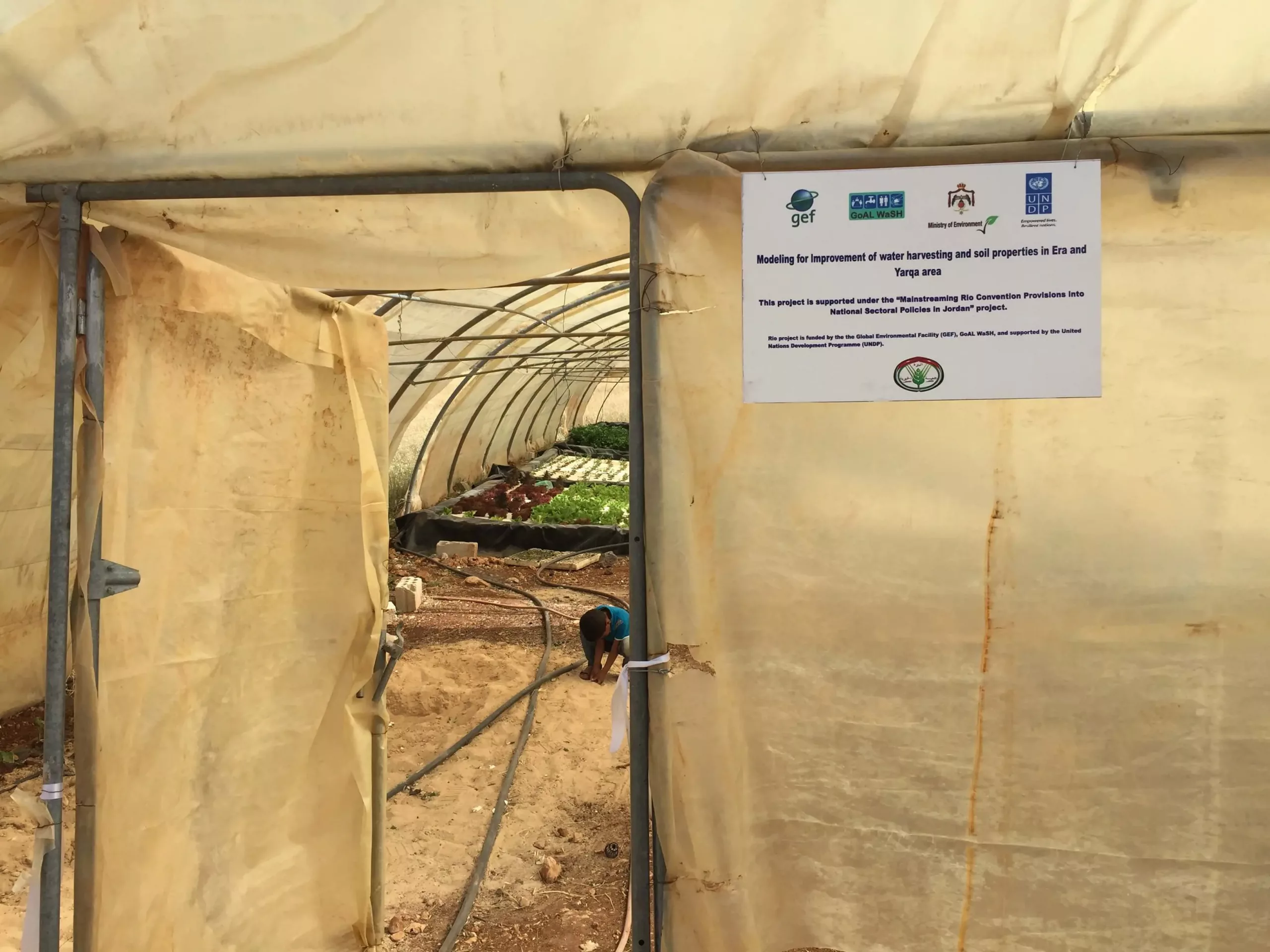Loans to help households save water in Jordan
The level of water scarcity in Jordan poses serious challenges to all uses of water and calls for innovative solutions for saving and reuse. Jordan is the second most water scarce country in the world, which poses challenges to growth and development. As a response to this situation, the GoAL WaSH programme in Jordan is supporting drought management in the country. During a recent mission to Jordan, SIWI’s GoAL WaSH Programme Manager, Alejandro Jiménez, met with the main stakeholders of the project.
Drought in Jordan has a detrimental impact on the water resources. The nature, location and scale of drought effects have yet to be thoroughly investigated. The GoAL WaSH programme in Jordan aims to support drought management in the country, through the establishment of a Drought Management Unit at the Ministry of Water and the establishment of a drought management policy, followed by sectoral drought management plans. The Drought Management Unit has prepared a plan for how to move forward, including improved methods for seasonal weather forecasting and drought classification. A drought early warning system will also be set up. In addition, GoAL WaSH supports pilot projects in different locations of Jordan to put drought management (water saving and water efficiency) in place.


During the mission, a field visit was made to one of the pilot projects supported by GoAL WaSH. Al Beireh Charitable Association is a local community organisation that provides capacity building and zero-interest loans to families to improve their energy and water resilience. The devolution of loans serves as a revolving fund to give further loans to other families. GoAL WaSH has supported the organisation with USD 40,000 to demonstrate a set of drought resilience practices for local community beneficiaries, including water harvesting from rooftops and new aspects of conserved agriculture. Part of the fund is allocated to the revolving fund already established by the organisation.


The revolving fund is being used to support households installing solar panels to reduce energy consumption and for providing households with rainwater harvesting systems (RWH). Monthly payments for a family ranges between 25 and 50 JOD (approx. 30 to 60 euros). Estimations from families already using the systems show an energy saving of around 30 JOD per month. The RWH systems provide water for the equivalent of 25 weeks of consumption, which, if combined with the erratic piped supply (arriving once a week on average), helps families have access to water throughout the year. In addition to the credits, the association runs a demonstration site for supporting hydroponic agriculture, which can reduce water consumption by up to 75 percent, while producing cash crops that are not dependent on rainfall and require no chemical fertilizers. This is done in collaboration with Al Balqa Applied University, which also takes students to see demonstration practices on the ground.
So far around 300 families have benefited from some type of loan and more are likely in line. This pilot shows a very vivid example of how to reinforce resilience at household level, looking at how to save water and energy while maximizing the outputs of agriculture, all in an environmentally sustainable manner.








